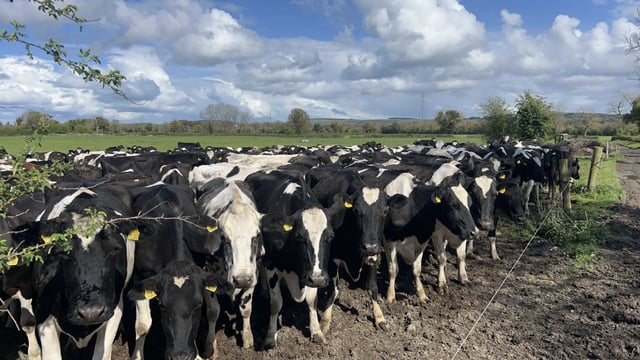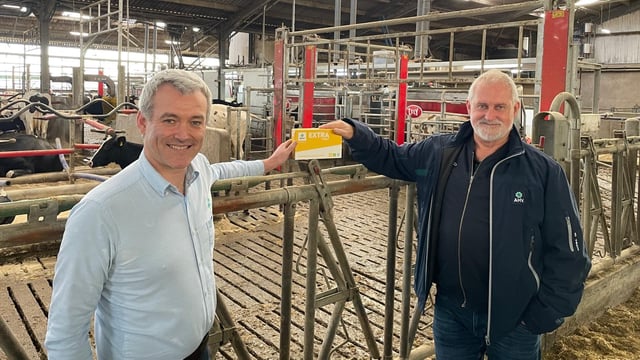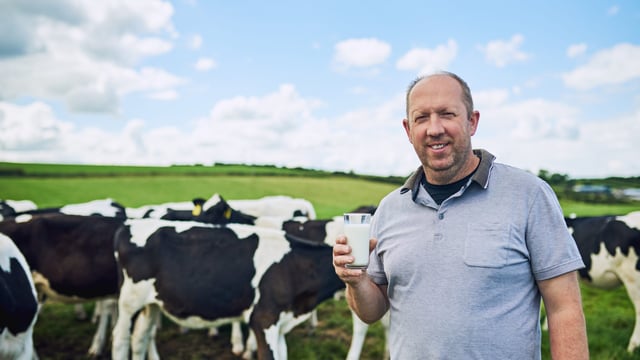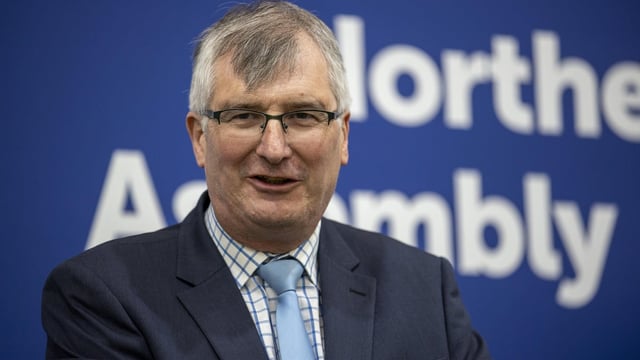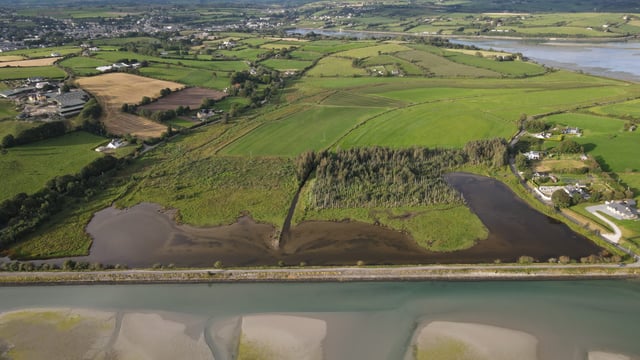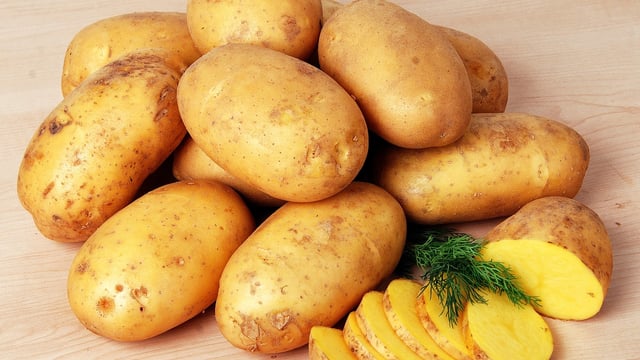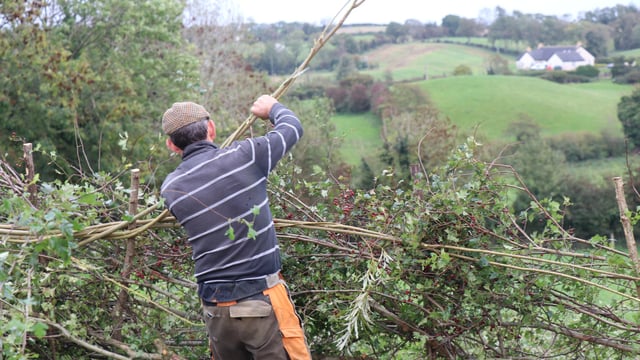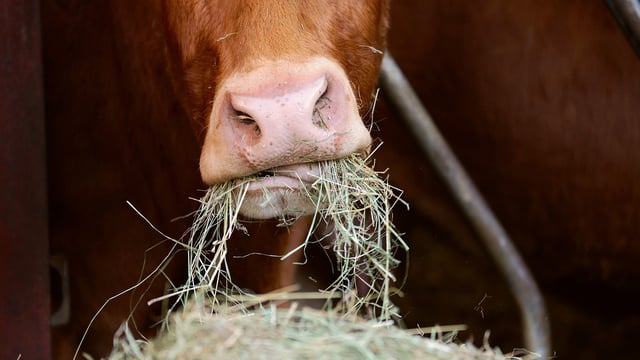Minimum of €8.1 billion for Ireland's CAP income support
The European Commission is presenting the minimum national allocations for income support for the future Common Agricultural Policy (CAP).
These amounts will guarantee income support for EU farmers until 2034.
The CAP post-2027 proposal addresses the significant challenges facing the EU’s agricultural sector and strengthens support for farmers, including through a minimum ring-fenced funding for income support.
The minimum recommended allocation for Ireland is €8.161 billion.
The largest minimum allocations are recommended for France and Germany.
The commission is securing a minimum of €300 billion to support farmers, covering area-based direct payments and other instruments such as investments, agri-environmental measures, and a Unity Safety Net worth €6.3 billion in case of market disturbances.
In addition to the minimum ring-fenced allocations, €453 billion remains available in the Partnership Plans for member states to strengthen support for the farming sector.
Member states will use those funds to complement the minimum CAP allocations for other mandatory CAP interventions such as LEADER, innovation and knowledge sharing projects, or school schemes.
They can also use these funds to complement income support interventions beyond the ring-fenced amounts.
The commission is providing national recommendations to guide member states in drawing up their plans.
It said that the envelopes will be allocated to member states in a way that ensures both fairness and continuity in financing agriculture and rural areas.
Each country’s share is based on its 2027 allocation - the final year of the current budget framework - with funds distributed proportionally to reflect these shares.
CAP after 2027
The CAP post-2027 proposal includes:
- Income support and predictability: funds for farmers’ income support are secured;
- More types of support: more possibilities and choices for farmers on how they can receive support and diversify income streams;
- Support for risk management tools: the CAP proposal foresees a set of tools to alleviate pressure and de-risk farm operations. The EU facility tool as part of the National and Regional Partnership fund includes a Unity Safety net that will help farmers cope with the impact of market disturbances and geo-political uncertainties;
- A better balance between rules and incentives to preserve the climate and the environment: the farm stewardship system will set rules for all farmers. In addition, incentives will be made available for actions beneficial for the environment, climate and animal welfare. Different types of farm investment support will contribute to the resilience of agriculture, food systems, forestry, and rural areas, in particular climate and water resilience.
Targeted income support
More flexibility and more options - rules have been simplified, and the use of lump sums will be strengthened, giving farmers and EU countries more flexibility and options for targeted income support in particular for young and new farmers, women, family or small farmers, and mixed farms;
Fair distribution of funds - the new CAP proposes a more targeted approach to area-based payments, considering the unique economic conditions of specific farms and territories.
Smaller farms can receive dedicated support through area-based payments and lump sums (maximum €3,000 per year).
This will ensure support is directed towards those who need it most, promoting fairness and efficiency.
Farmers may be able to access relief services and benefit from the help of replacement workers when they are sick, on leave, or dealing with family responsibilities.
Measures to address redistribution of income support - this includes capping direct payments to larger farms (maximum €100,000 per year) and implementing mandatory annual degressive payments.
Generational renewal
The European Commission has stated that EU countries will need to devise a dedicated generational renewal strategy to ensure the attractiveness of the sector for young people.
Young farmers will benefit from increased support under the new degressive area-based payments, as well as a wide range of tools including a "starter pack", according to the commission.
The CAP will also provide young farmers with access to training, mentoring, and other forms of support, such as knowledge, advice, and skills development.
Simplification
The new CAP will rely on a single fund, replacing the current two-pillar structure, which the commission said will reduce complexity, rigidity, and overlaps, and give EU countries' authorities more flexibility and possibilities.
Access to funding opportunities under different policies have been streamlined, making it easier for farmers to navigate and request support, and allowing them to explore synergies between different policy areas, it added.



